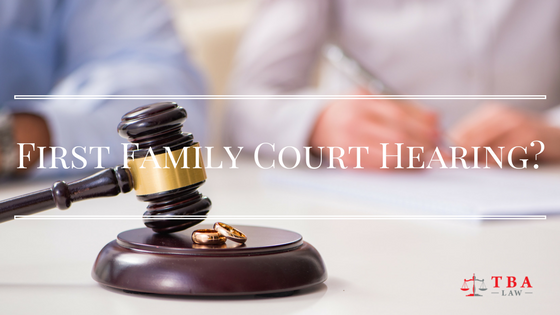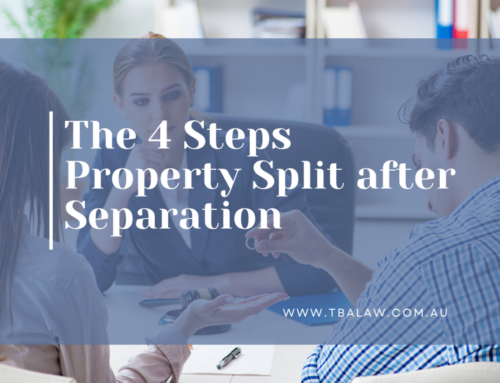First Family Court Hearing? Here’s What To Expect If You Go Alone
by Lajita Allan-Agnew
What to do Before you Go To Court
Be prepared and ready to present your case on the day of your court hearing. Do as much research as possible and gather all the information for your case.
Make sure you have all your documents clearly organised and mark the documents that have already been filed with the Court. Bring a note pad and pen with you too.
Some people find it helpful to sit in a courtroom before the hearing if they have never been in a court before. Most court hearings are heard in open court so you can do this any time.

When you get to the Court House
Find out at which Court your matter is being heard and arrive at least 30 minutes early to give yourself plenty of time to find the courtroom. If you have any problems finding the right courtroom, ask court staff.
The atmosphere along with the emotions that surround your matter can be stressful and even overwhelming. It is a good idea to bring a family member or friend (who is over the age of 18) to sit with you and provide support. Ask the judicial officer if your support person can sit with you at the bar table or if they can speak on your behalf.
We tend to put everything on social media nowadays but the Court Room is not one of the places where you can take and post pictures, selfies and or recordings. Recording devices are not permitted in courtrooms without permission of the judicial officer. In fact, before entering the courtroom you must turn off electronic equipment, including mobile phones, and remove your hat or sunglasses, unless you have medical or religious reasons for wearing them. Finally, do not bring any food or drink into the courtroom.
The Protocol In the Court Room
Before you enter the courtroom, give your name to the person assisting the judicial officer (either the court officer or associate). Let them know if you are representing yourself. If you are unsure, ask them where you need to sit.
You may have to wait for your case to be called as there may be a number of cases listed on the same day. If you are waiting for your case to be called, you should avoid talking or making any distracting noises in the courtroom.
You must stand each time the Court commences or adjourns. The court officer or associate will announce this by saying ‘All rise’ or ‘Please stand’.
When your case is called, stand up and the court officer or associate will direct you to the bar table.
Speaking to the judicial officer
In the Family Court, the judicial officer hearing your case will either be a judge or registrar. This person is will “hear” the case and if need be, depending on the material they already have, will ask you questions. They cannot and will not give you legal advice but may give you directions on what you should do in order to move the matter forward. If there is more information that you need to provide, they will ask you for such information and if need be, they may adjourn the matter for a reasonable time to allow you to provide that information.
Legal Advice
You can seek legal advice from a legal aid office, community legal centre or private law firm. Court staff can help you with questions about court forms and the court process, but cannot give you legal advice. We can help you understand your legal rights and responsibilities, and explain how the law applies to your case. Come and see our team at TBA Law to receive sound and practical legal advice before deciding what to do.





Leave A Comment